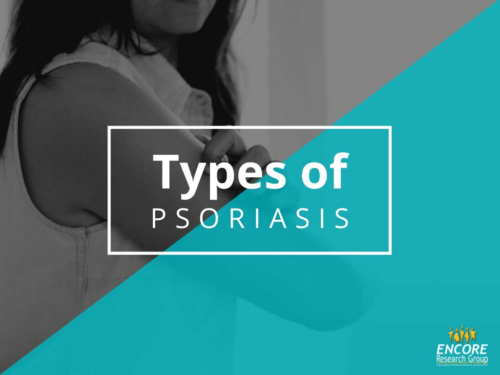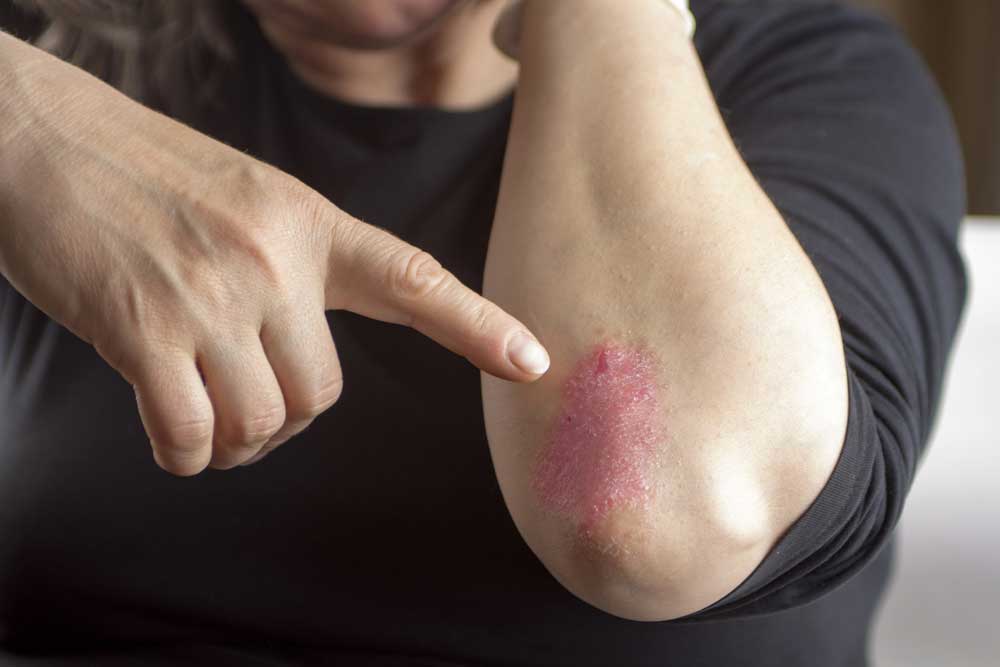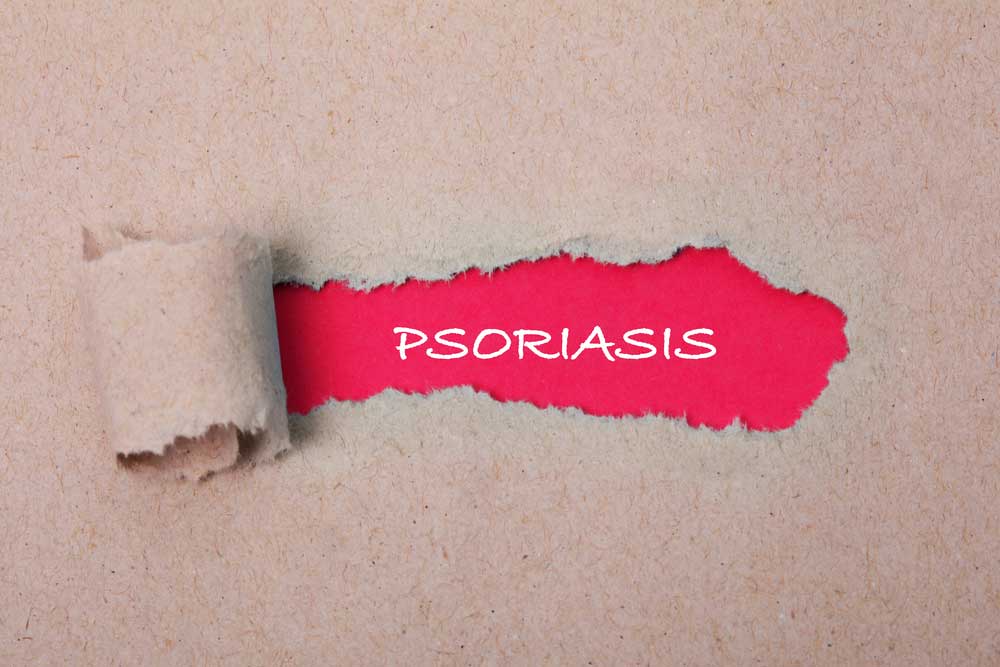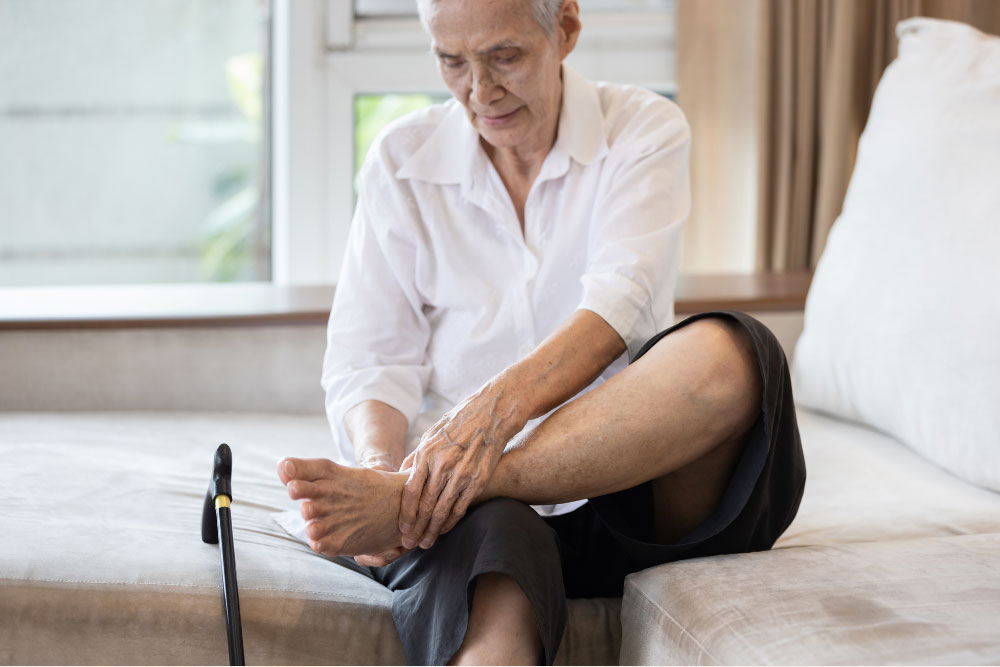Psoriasis is a skin disease that can cause red, itchy patches on the skin. These patches are commonly found on the knees, elbows, and scalp. Psoriasis is an autoimmune disease, meaning it results from the body attacking itself. The red, scaly patches come from the body releasing white blood cells to attack a non-existent infection. This mistaken attack causes the skin cell process to multiply rapidly. As a result, the skin cells are pushed up to the skin’s surface, where they pile up. These extra skin cells create red, scaly, and inflamed areas at the skin surface.
For many, these symptoms tend to go through cycles, flaring for a few weeks or months then subsiding. Although unclear as to the exact cause, decades of research have concluded that genetics and the immune system are two major risk factors for psoriasis.
Does Psoriasis Affect More Than Just Your Skin?
It’s becoming more apparent that psoriasis affects more than just a person’s skin. In fact, recent studies have linked psoriasis to high cholesterol, heart attack, and stroke. One study notes a significant reduction in HDL, the good cholesterol, in psoriatic patients as well inhibited ability for the remaining HDL to do its job correctly. When this happens, the severity of psoriasis coverage increases.3 Another study, conducted by Northwestern Medicine and published in the Journal of Clinical Investigation, found that a specific category of immune cells called self-lipid reactive T-cells represent a yet to be determined link between high cholesterol and the symptoms of psoriasis. So one has to pose the question, will treating high cholesterol have a positive effect on the severity of psoriasis or vice versa?
Science is moving forward in the realm of psoriasis and we are fortunate to be involved in the process. If you are suffering from psoriasis, you can help change medicine by participating in research. ENCORE Research Group patients enjoy; access to the latest medicines and therapies at no cost and one-on-one, attentive care from a medical professional. You can move medicine forward and create better healthcare for future generations by participating in clinical trials. New research studies are always coming in, so head on over to the enrolling studies tab to see what study you are interested in volunteering for.
Source: plaquepsoriasis.com, American Journal of Managed Care, Northwestern Medicine https://www.ajmc.com/view/psoriasis-linked-to-high-cholesterol-levels-study-finds
- https://pubmed.ncbi.nlm.nih.gov/22649206/













